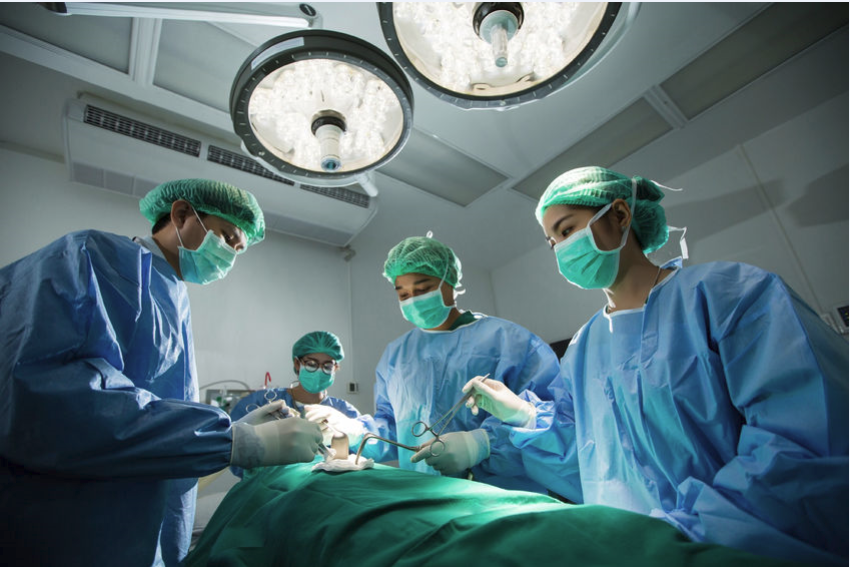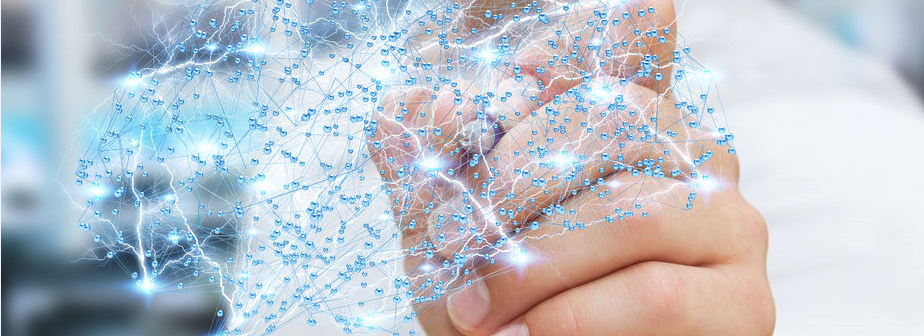Why medical translation is important

The medical field is constantly evolving for the benefit of the global population. Every day, new types of medicines and healthcare products (or medical devices if we use the official term from the European Medicines Agency) are introduced, and hundreds of research results are published worldwide. Even though each country speaks its own language, people fight against the same diseases and have the same health problems.
Índice de contenidos
Index of contents
Index du contenu
Inhaltsverzeichnis
Indice dei contenuti
While translation in other fields is mainly used to increase sales and commercial promotion, medical translation serves another noble cause: helping humanity. Without delving into a deep analysis, this article offers you an overview of the importance of medical translation in our daily lives.
What is medical translation?
Medical translation refers to the translation used for pharmaceuticals, medical devices (or healthcare products) and other elements that make up the healthcare field. Medical translation plays an essential role in helping healthcare professionals provide the necessary treatment to patients who speak another language.

Doctors and other healthcare professionals require medical translations to review the medical history of their foreign patients, so they can provide accurate advice and treatment. Patients must also fully understand their state of health and the treatment of their illness. We need medical translation when we want to seek treatments beyond our borders.
Therefore, it is very important that the document is translated accurately and on time. Moreover, most countries in the world require that the documentation and labelling associated with medical devices and pharmaceuticals be translated into the national language.
Regarding humanity, the developing countries of the world need medical support and healthcare. Most of these countries do not speak English. The medical translation of pharmaceuticals can save millions of lives.

The challenges of the mission
In medical translation, even the slightest error can cause serious problems and can be dangerous to patients' health. A misinterpreted word in the drug dose can cause irreversible harm to users.
As a result, the level of accuracy plays an important role in medical translation, as it affects human life. Even a minor error can endanger a person’s life.
One of the most common errors in medical translations is the translation of abbreviations. When translating, a medical translator has to deal with abbreviations, which can become a real headache. There are often several abbreviations for the same term or vice versa, which means the translation must reflect the real meaning by taking into account the context.
The translator in charge of this important mission must also have profound knowledge of medicine, pharmacology and technology to effectively manage medical documents. Biochemistry, genetic engineering and an understanding of physics are also necessary in some specialised subfields of medicine. Therefore, to produce a perfectly accurate medical translation, it is ideal to be both a professional linguist and an expert doctor.
Other articles you may be interested in:

Blog writer and Community Manager interested in multiculturality and linguistic diversity. From her native Venezuela, she has travelled and lived for many years in France, Germany, Cameroon and Spain, passing on her passion for writing and her intercultural experiences.



Add new comment